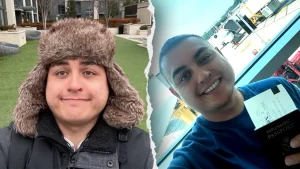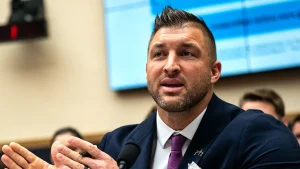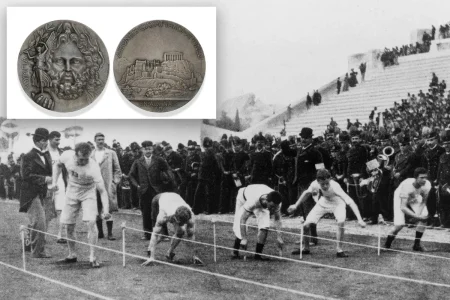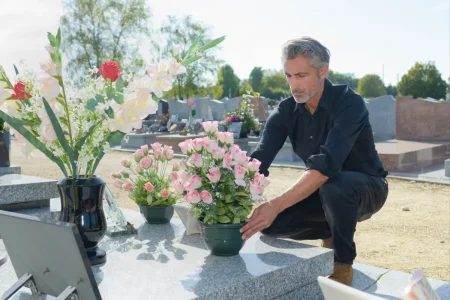Navigating Identity, Faith, and Family in Today’s World
In the complex landscape of adolescence, a high school freshman finds themselves at a crossroads of identity and faith. Living with supportive yet homophobic parents, this young person faces isolation and homeschooling as punishment for having a same-gender partner. The emotional turmoil is palpable as they struggle with fundamental questions: “Can I be both Christian and lesbian?” Their attempts to discuss these feelings with their parents are met with rejection and hurtful language, leaving them confused and alone. This situation highlights the challenging intersection of religious upbringing and sexual identity that many young people face today, where the need for understanding and open dialogue is crucial for healthy development and self-acceptance.
Abby’s response offers reassurance and practical guidance, emphasizing that one’s faith and sexual orientation need not be mutually exclusive. She points out that while the teen’s current church might not be accepting, numerous Christian denominations welcome LGBTQ+ individuals, including Episcopalians, Presbyterians, United Methodists, and others. This perspective challenges the notion that religious faith and sexual orientation must be in conflict, suggesting instead that spiritual fulfillment can be found in communities that practice inclusion. Abby recognizes the parents’ fear may stem from misconceptions about sexual orientation being a choice, addressing a common misunderstanding that often creates barriers between LGBTQ+ youth and their families.
For immediate support, Abby recommends online resources that can provide comfort and understanding during this confusing time. The Trevor Project stands out as a leading crisis intervention organization specifically designed for LGBTQ+ youth, offering round-the-clock support throughout the year. This recommendation acknowledges the urgent need for the teen to have access to informed, compassionate guidance as they navigate their identity journey. Such resources can serve as lifelines for young people who feel isolated within their immediate communities, providing both emotional support and educational materials to help them understand themselves better.
Another valuable resource suggested is PFLAG, an organization with nearly five decades of experience supporting LGBTQ+ individuals and their families. What makes this recommendation particularly thoughtful is that Abby suggests it not only for the teen but also for their parents, recognizing that education and understanding are key to bridging the family divide. Founded by a mother and her gay son in 1973, PFLAG represents a path toward family reconciliation through knowledge and compassion. This approach acknowledges that healing often requires all family members to engage in a process of learning and growth, rather than placing the burden of adaptation solely on the LGBTQ+ individual.
In a separate but equally sensitive situation, a father discovers letters from his daughter’s abusive late husband among his recently deceased wife’s belongings. These letters, apparently written just before the husband’s overdose death twenty years ago, present a dilemma: should he give them to his daughter, potentially reopening old wounds, or make the decision himself to discard them? His concern speaks to the lasting impact of trauma and abuse, even decades later, and the delicate balance between protection and respect for autonomy. The father’s hesitation is understandable as he weighs his daughter’s remarkable recovery against the potential harm these letters might cause.
Abby’s advice in this situation centers on transparency and respect for the daughter’s agency. She raises important questions about why these letters weren’t delivered to the daughter originally and suggests that the father simply inform his daughter about the discovery and offer her the choice. This guidance honors the daughter’s growth and resilience while acknowledging her right to make decisions about her own past. The response embodies a fundamental respect for individuals’ capacity to handle difficult aspects of their own histories and recognizes that healing sometimes involves confronting painful memories on one’s own terms. In both cases presented, Abby’s wisdom centers on empowerment through information, community support, and respect for personal autonomy in navigating life’s most challenging relationships.















